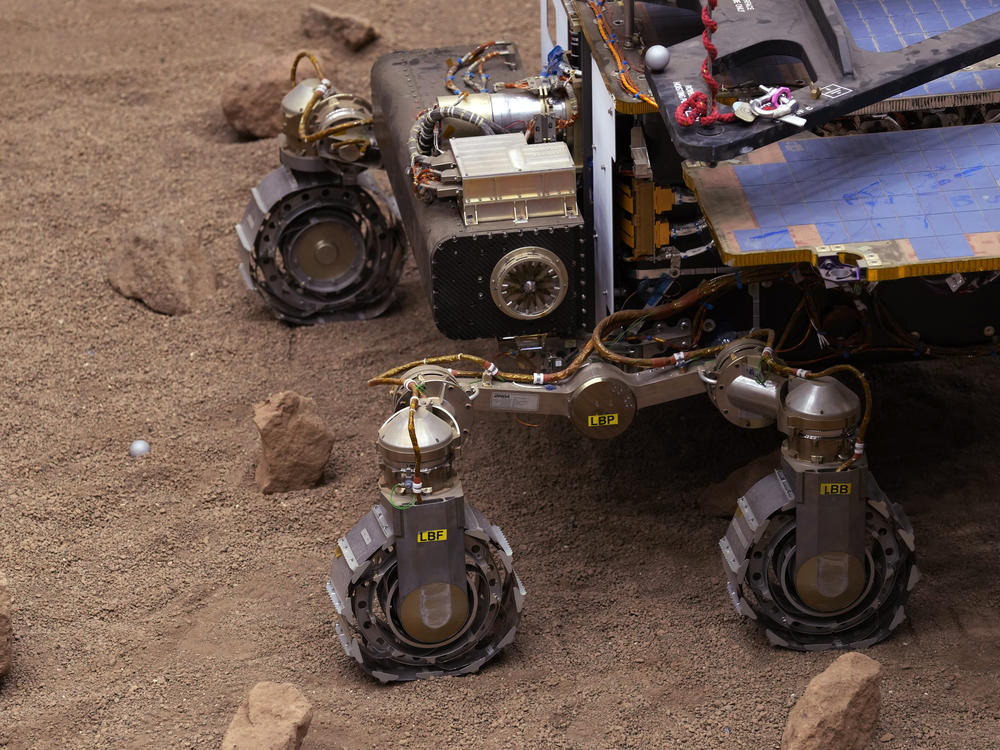Section Branding
Header Content
A joint Europe-Russia mission to Mars is likely to be delayed because of sanctions
Primary Content
A joint European-Russian mission to Mars slated for this year will probably be delayed, the European Space Agency said, citing Russia's invasion of Ukraine and the resulting sanctions imposed by the ESA's member countries.
"We deplore the human casualties and tragic consequences of the war in Ukraine," the agency said. "We are giving absolute priority to taking proper decisions, not only for the sake of our workforce involved in the programmes, but in full respect of our European values."
The ExoMars program, which comprises two missions, is designed to determine whether life has ever existed on the red planet. The program began with a launch in 2016. The second leg was slated to begin in September, but the launch is "very unlikely" to occur before the end of the year, the agency said.
"We are fully implementing sanctions imposed on Russia by our Member States," the ESA said. The agency, which is made up of 22 member states, said it continues to monitor the situation and will examine options before making a formal decision.
The second mission is set to launch a rover from Kazakhstan that will carry a drill and other equipment related to exobiology and geochemistry — fields concerned with searching for life outside Earth and the chemical composition of Earth's rocks and minerals, respectively.
Copyright 2022 NPR. To see more, visit https://www.npr.org.

